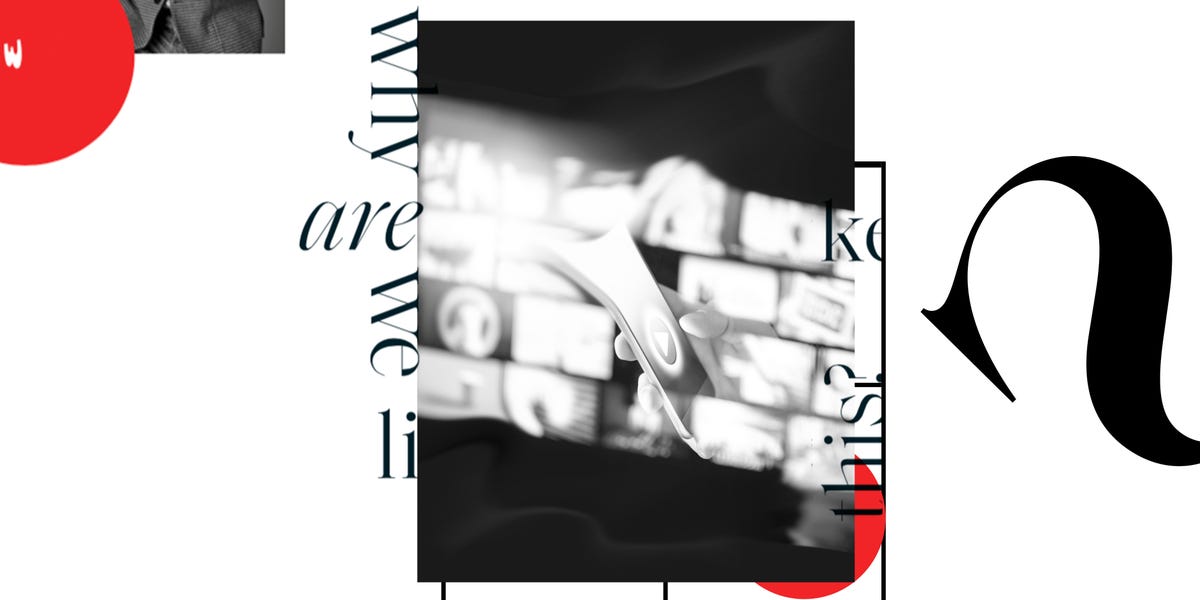Sublime
An inspiration engine for ideas
O império do efêmero: A moda e seu destino nas sociedades modernas (Portuguese Edition)
amazon.com
We are formed by the structures of modern society to be insatiable consumers of an increasing range of commodified things and experiences and services. There is no art in this, because the tacit assumption that we must buy into along the way is that there is no limit to what we can consume.
L. M. Sacasas • The Art of Living

By way of contrast, the ideal of limitlessness consumption serves the modern economy quite well, but it does not serve the person well at all. [2] This ideal imparts to us all a spirit of scarcity that darkens our experience: not enough time, not enough attention, not enough capacity to care. But upon what does this spirit feed? It feeds, in part,
... See moreL. M. Sacasas • The Art of Living
“What’s aspirational has changed,” says Beth McGroarty, research director at the nonprofit Global Wellness Institute. Pressures to be perfectly happy, beautiful, and “healthy” are being replaced with a more realistic, relaxed, and less consumerist culture.
Rex Woodbury • The Goop-ification of wellness is on the way out (you can thank Gen Z)



